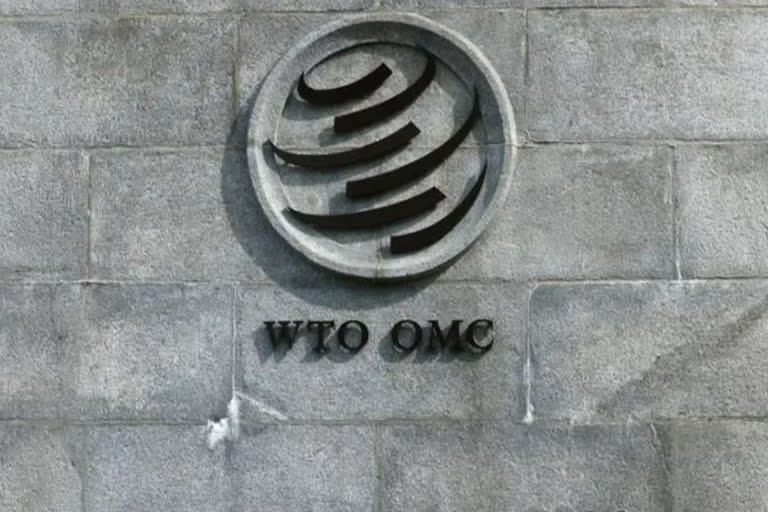Geneva: The government subsidy provided to Indian fishermen helps the community do fishing activities to support their livelihood and prohibiting such measures by a WTO agreement will ultimately affect millions of fishers and their families leading to poverty, sources said. Developed members of the World Trade Organization (WTO) are pushing to eliminate subsidies under the proposed fisheries subsidies agreement, which is under negotiation here.
India is not a major fishery subsidy provider, unlike countries like China, the European Union (EU) and the US which provide an annual fishery subsidy of USD 7.3 billion, USD 3.8 billion and USD 3.4 billion, respectively. India provided just USD 277 million in 2018 to small fishers. According to CMFRI (Central Marine Fisheries Research Institute) Census 2016, the total marine fisher folk population is 3.77 million comprising 0.90 million families.
Nearly 67.3 per cent of the fishermen families were under BPL category. Stoppage of subsidy assistance to fishers in India will ultimately affect millions of fishers and their families and will lead to poverty, one of the sources said. There are around 2 lakh fishing crafts of which only 59,000 (37 per cent) are mechanised. The estimated fisheries potential is about 4.4 million tonne and the marine capture production in 2019 was 3.8 million tonne.
Sources added that traditional fisheries involve fishing households using relatively small amount of capital and relatively small fishing vessels, usually about 20 metres in overall length, making short trips, close to the shores. The marine fishery in India is also small-scale and provides food security to millions of people and there is no industrial fishing in India.
